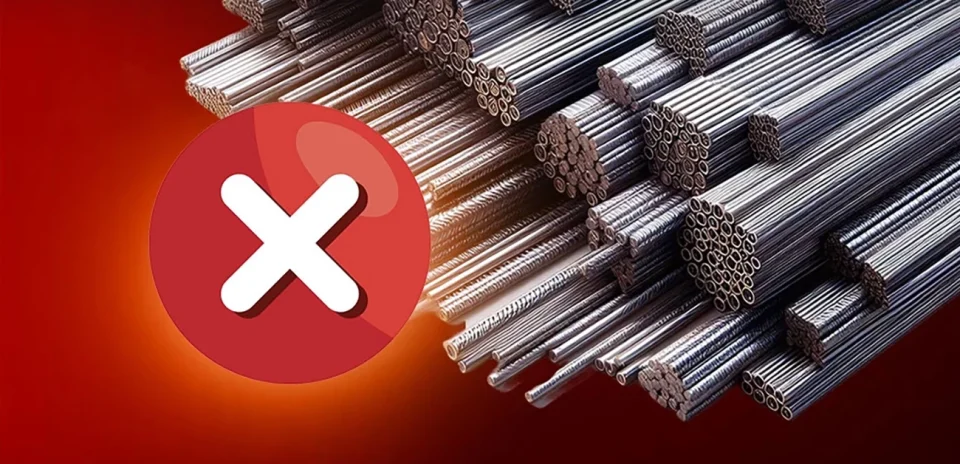Thailand to Scrap “Dirty” Steel Production Over Quality and Pollution Concerns
BANGKOK – Thailand’s Industry Ministry is moving to revoke certification for steel produced using Induction Furnace (IF) technology, citing serious issues related to product quality and environmental pollution.
The announcement follows mounting concerns raised by recent investigations and criticism from the State Audit Office (STO), which found that IF-produced steel often fails to meet safety standards. The technology, which has been used in Thailand since 2016, is now under heavy scrutiny for producing substandard construction materials and contributing to high dust and toxic gas emissions.
Industry Minister Akanat Promphan stated that although IF technology can produce acceptable steel in theory, it is difficult to consistently ensure quality without exceptional control over raw materials and manufacturing standards. The process’s open-furnace design makes it far more polluting than its modern counterpart, Electric Arc Furnace (EAF) systems.
EAF furnaces, in contrast, operate in a closed system, significantly reducing environmental harm while delivering superior impurity removal and more reliable steel quality. With Thailand’s EAF production capacity at 4.3 million tonnes annually – well above the country’s 2.8 million tonne demand – industry experts agree that the IF method is now obsolete and unnecessary.
The government has already suspended production and sales of IF steel from several companies, including Xin Ke Yuan Steel Co., Ltd. (SKY), whose factory was shut down in December 2024. Investigations into SKY’s operations uncovered suspicious activities and the so-called “red dust” problem, prompting further probes in collaboration with the Department of Special Investigation (DSI). Court warrants have also been issued to gather evidence for legal action.
Under the Industrial Product Standards Act (TIS Act), the Thai Industrial Standards Committee (TISC) has the authority to revoke existing certifications in emergencies that pose a threat to the public or economy. Minister Akanat confirmed that he has signed a formal letter directing the Permanent Secretary of the Ministry of Industry, who chairs the TISC, to include the revocation of IF steel certification in the upcoming agenda.
“This is a necessary step to protect the public and uphold industrial standards,” Akanat said, affirming the ministry’s stance on prioritising safety, quality, and sustainability in Thailand’s construction sector.





